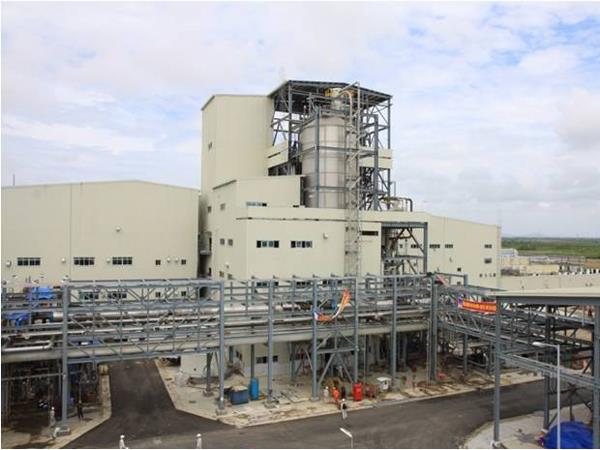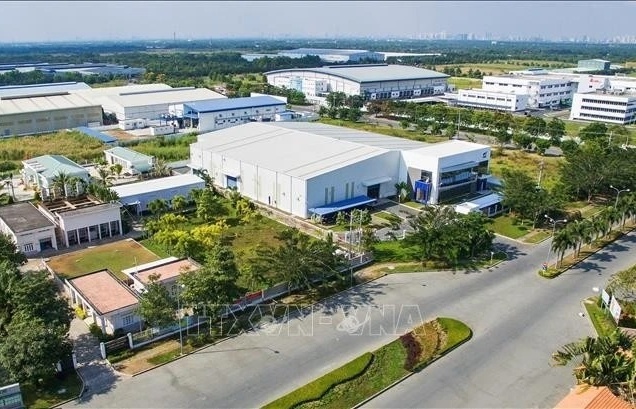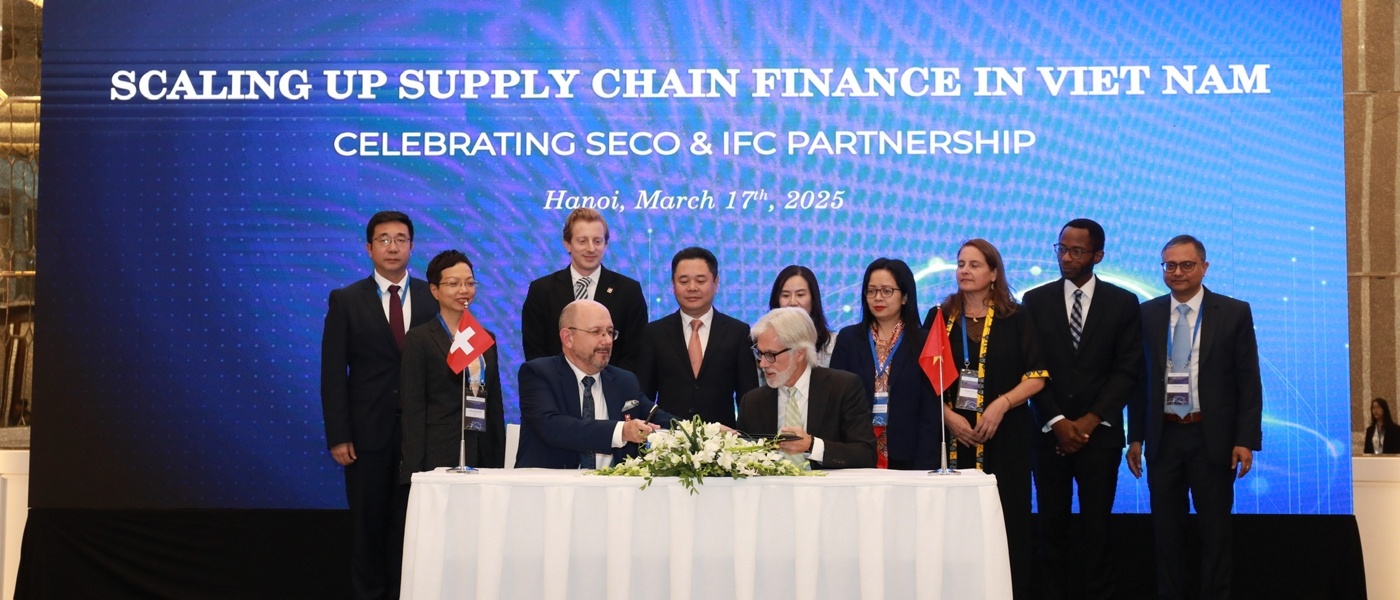Extensive net of violations detected at PetroVietnam subsidiary
 |
Charges of violations include the procedure of building and operating the factory.
These conclusions were made by the Government Inspectorate of Vietnam after reviewing the construction and operation of the factory.
In July 2007, PetroVietnam and Vinatex signed an agreement to develop the polyester fibre and yarn factory and then established PetroVietnam Petrochemical and Textile Fiber JSC (PVTex) to develop the project. In October 2007, Vinatex authorised PetroVietnam as the project investor and PetroVietnam authorised Vinatex to choose contractors and be in charge of making the pre-feasibility study.
According to the Government Inspectorate of Vietnam, Vinatex’s authorising PetroVietnam as the project investor showed its lack of responsibility in implementing the state policy relating to the development of the fibre and yarn sector because Vinatex has more experience than PetroVietnam in this sector.
In 2008, PVTex approved the plan to develop Dinh Vu polyester fibre and yarn factory with the total investment capital of approximately $325 million, 30 per cent of which would be owners’ equity. The factory has a designed capacity of 500 tonnes of polyester fibre and yarn per day.
The factory came in to commercial operation in May 2014 with a capacity of 236 tonnes per day, equalling 48 per cent of its designed capacity. However, the factory had to suspend operation numerous times due to unsold products piling up.
According to a report published by PetroVietnam, as of June 2016, PVTex incurred a cumulative loss of VND3.008 trillion ($135.4 million). In 2015 alone, the figure was VND1.2 trillion ($53.8 million), up VND120 billion ($5.38 million) on-year. PVTex’s poor financial standing made it impossible to pay off its total bank debts of $221.3 million, including $70.7 million in short-term loans.
According to the Government Inspectorate of Vietnam’s report, higher-than-expected costs and uncompetitive products, that the PVTex leadership previously confirmed, are only objective reasons for the losses.
The Government Inspectorate said these owners committed a series of violations while they supervised the construction and ran the factory, leading to drastically bloated expenditures.
Additionally, during the signing and implementation of the contract, both the investor and the contractors broke the contract’s clauses and arbitrarily used low-quality machinery.
Furthermore, the Government Inspectorate showed that recruiting an employee volume exceeding the factory’s actual demand also boosted expenditures and thus product prices. Notably, as of June 30, 2015, the factory employees numbered 1,025, exceeding its actual demand by 195 people. In addition, numerous employees have no skills.
Another violation took place in 2013, when the MoIT and PetroVietnam disregarded the prime minister’s direction to reduce PetroVietnam’s holding in the factory by 20 per cent, to 36 per cent. Not only did the two bodies fail to obey, the MoIT allowed PetroVietnam to increase its holdings to 75 per cent.
| RELATED CONTENTS: | |
| PetroVietnam to rid of ailing fibre subsidiary | |
| PetroVietnam appoints saviour for ailing fibre subsidiary | |
What the stars mean:
★ Poor ★ ★ Promising ★★★ Good ★★★★ Very good ★★★★★ Exceptional
Latest News
More News
- Ministry of Finance to encourage AI and semiconductor R&D (March 14, 2025 | 18:48)
- Koreans primed for high-tech investment (March 13, 2025 | 16:00)
- ASEAN compelled to become microchip hub (March 13, 2025 | 15:00)
- Differences are advantage for New Zealand relations (March 13, 2025 | 15:00)
- Legal reform key amid trade conflicts (March 13, 2025 | 11:49)
- AISC 2025: Vietnam's new role in AI and semiconductors (March 13, 2025 | 11:04)
- VinFast looks to long term with operational roadmap (March 12, 2025 | 15:32)
- Ho Chi Minh City looks to develop potential of Saigon River (March 12, 2025 | 13:34)
- Ho Chi Minh City International Financial Centre to be built in Thu Thiem New Urban Area (March 12, 2025 | 10:59)
- Singapore's YCH Group eyes investment opportunities in Lien Chieu Port (March 11, 2025 | 16:06)
















 Mobile Version
Mobile Version